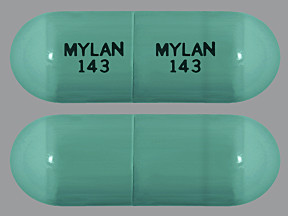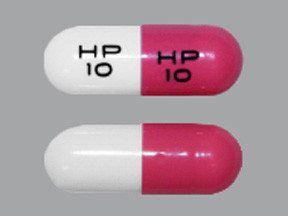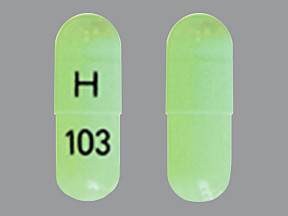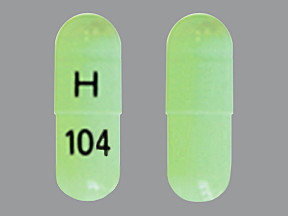INDOMETHACIN - ORAL
PHONETIC PRONUNCIATION: (in-doh-METH-uh-sin)
COMMON BRAND NAME(S): Indocin
GENERIC NAME(S): indomethacin
Uses
USES: Indomethacin is used to relieve pain, swelling, and joint stiffness caused by arthritis, gout, bursitis, and tendonitis. It is also used to relieve pain from various other conditions. This medication is known as a nonsteroidal anti-inflammatory drug (NSAID). It works by blocking your body's production of certain natural substances that cause inflammation. This effect helps to decrease swelling and pain. If you are treating a chronic condition such as arthritis, ask your doctor about non-drug treatments and/or using other medications to treat your pain. See also Warning section.
How to use INDOMETHACIN - ORAL
HOW TO USE: Read the Medication Guide provided by your pharmacist before you start using indomethacin and each time you get a refill. If you have any questions, ask your doctor or pharmacist. Take this medication by mouth as directed by your doctor, usually 2 to 3 times a day with a full glass of water (8 ounces or 240 milliliters). Do not lie down for at least 10 minutes after taking this drug. If stomach upset occurs while taking this medication, take it with food, milk, or an antacid. The dosage is based on your medical condition and response to treatment. In children, the dosage is also based on weight. To reduce your risk of stomach bleeding and other side effects, take this medication at the lowest effective dose for the shortest possible time. Do not increase your dose or use this drug more often or for longer than prescribed. For ongoing conditions such as arthritis, continue taking this medication as directed. Discuss the risks and benefits with your doctor or pharmacist. In certain conditions (such as arthritis), it may take up to 4 weeks when this drug is taken regularly before you notice the full benefits. If you are taking this drug on an "as needed" basis (not on a regular schedule), remember that pain medications work best if they are used as the first signs of pain occur. If you wait until the pain has worsened, the medication may not work as well. Tell your doctor if your condition worsens.
Side Effects
Precautions
Interactions
Overdose
Images

- color
- light green
- shape
- oblong
- imprint
- MYLAN 143, MYLAN 143
Reviews
Warning
WARNING: Nonsteroidal anti-inflammatory drugs (including indomethacin) may rarely increase the risk for a heart attack or stroke. This effect can happen at any time while taking this drug but is more likely if you take it for a long time. The risk may be greater if you have heart disease or increased risk for heart disease (for example, due to smoking, family history of heart disease, or conditions such as high blood pressure or diabetes). Do not take this drug right before or after heart bypass surgery (CABG). Also, this drug may rarely cause serious (rarely fatal) bleeding from the stomach or intestines. This effect can occur without warning symptoms at any time while taking this drug. Older adults may be at higher risk for this effect. (See also Precautions and Drug Interactions sections.) Stop taking indomethacin and get medical help right away if you notice any of the following rare but serious side effects: bloody or black/tarry stools, persistent stomach/abdominal pain, vomit that looks like coffee grounds, chest/jaw/left arm pain, shortness of breath, unusual sweating, weakness on one side of the body, sudden vision changes, slurred speech. Talk with your doctor or pharmacist about the risks and benefits of treatment with this medication.
Disclaimer
IMPORTANT: HOW TO USE THIS INFORMATION: This is a summary and does NOT have all possible information about this product. This information does not assure that this product is safe, effective, or appropriate for you. This information is not individual medical advice and does not substitute for the advice of your health care professional. Always ask your health care professional for complete information about this product and your specific health needs.



No Reviews Yet